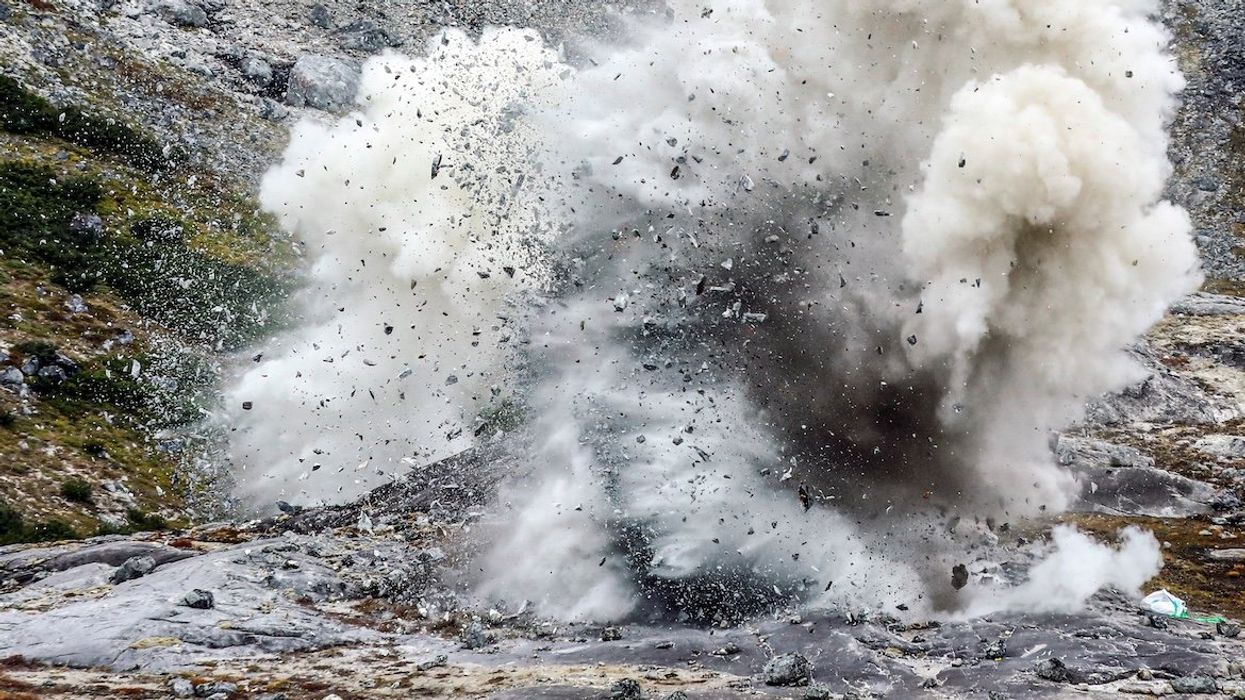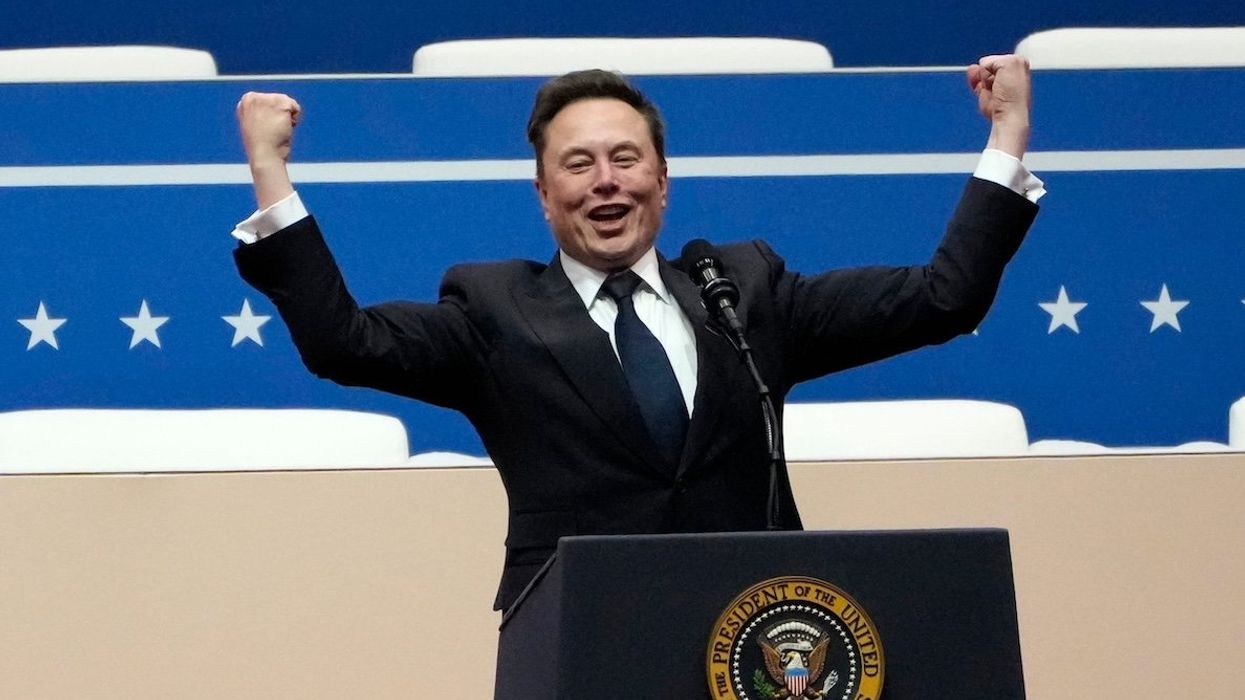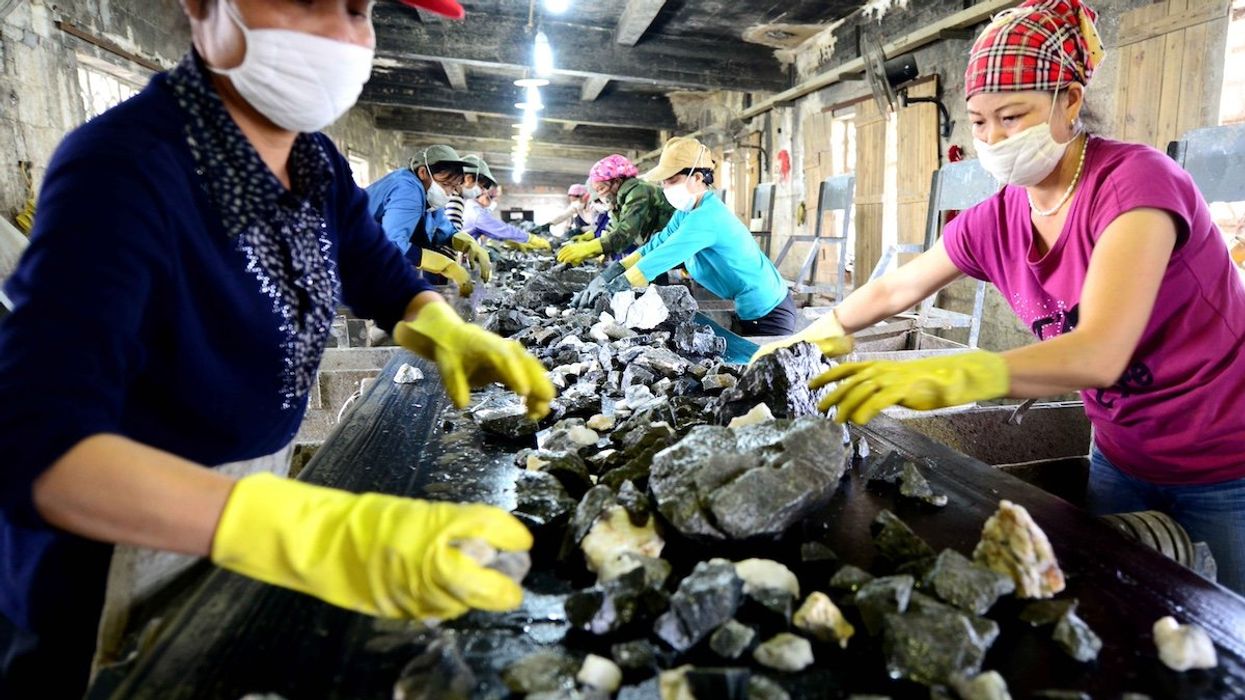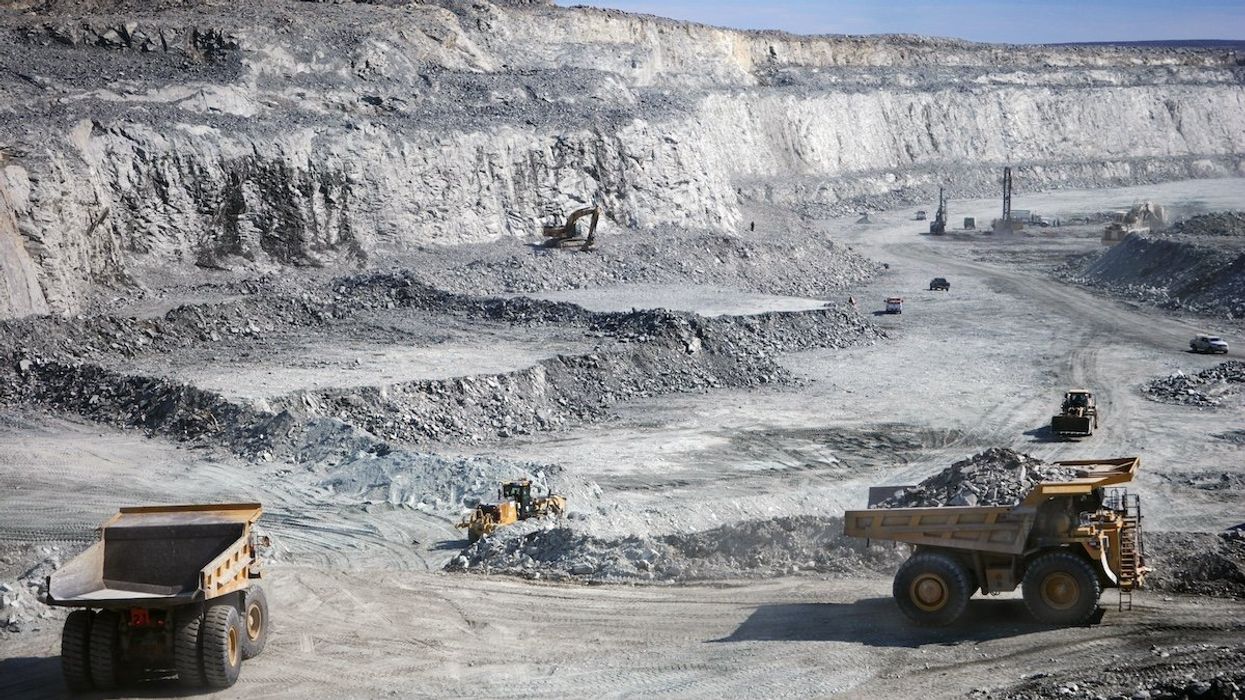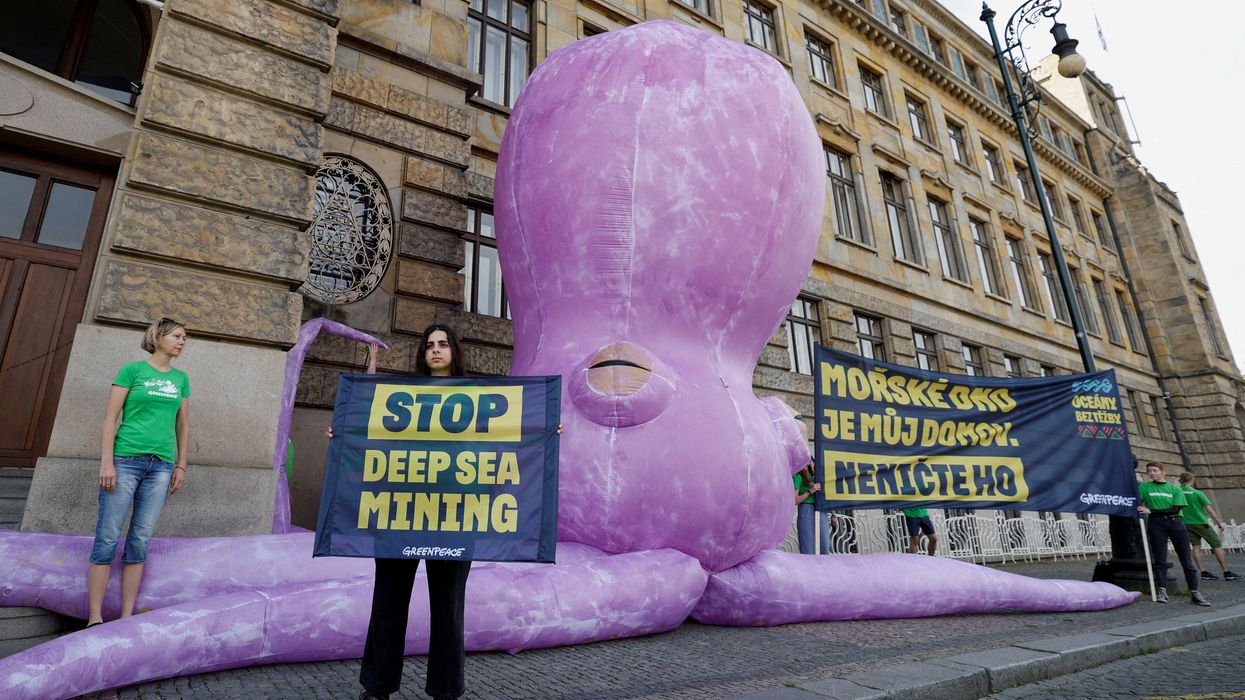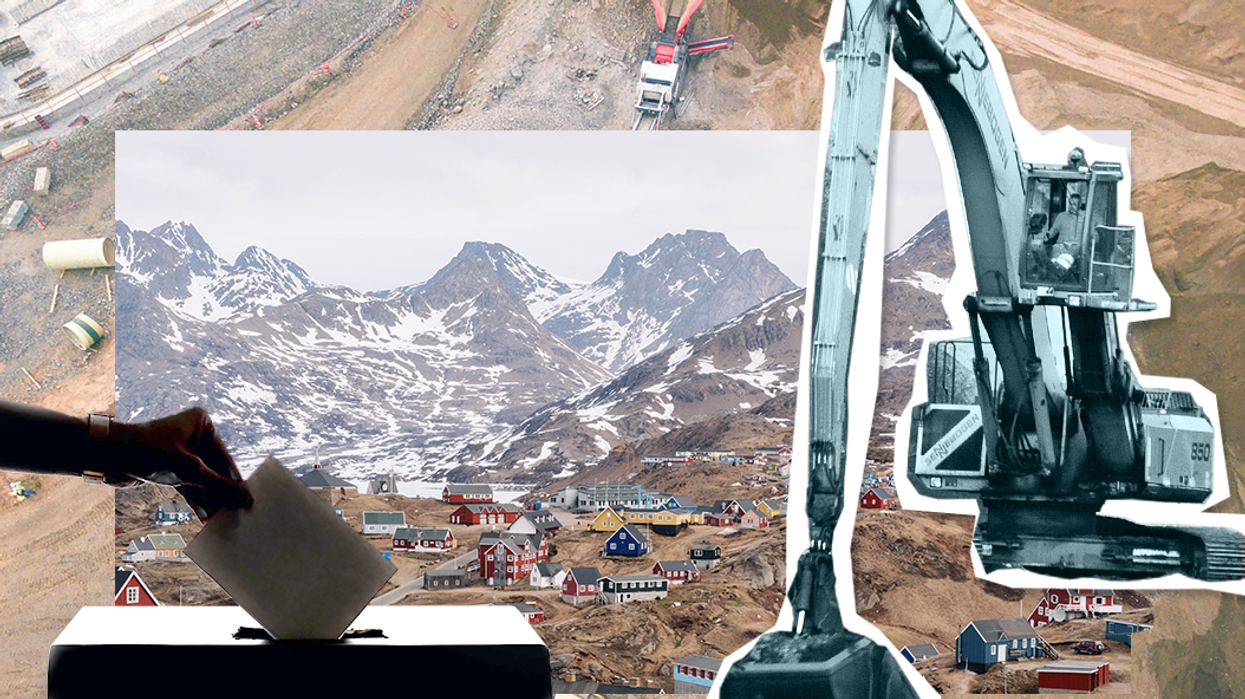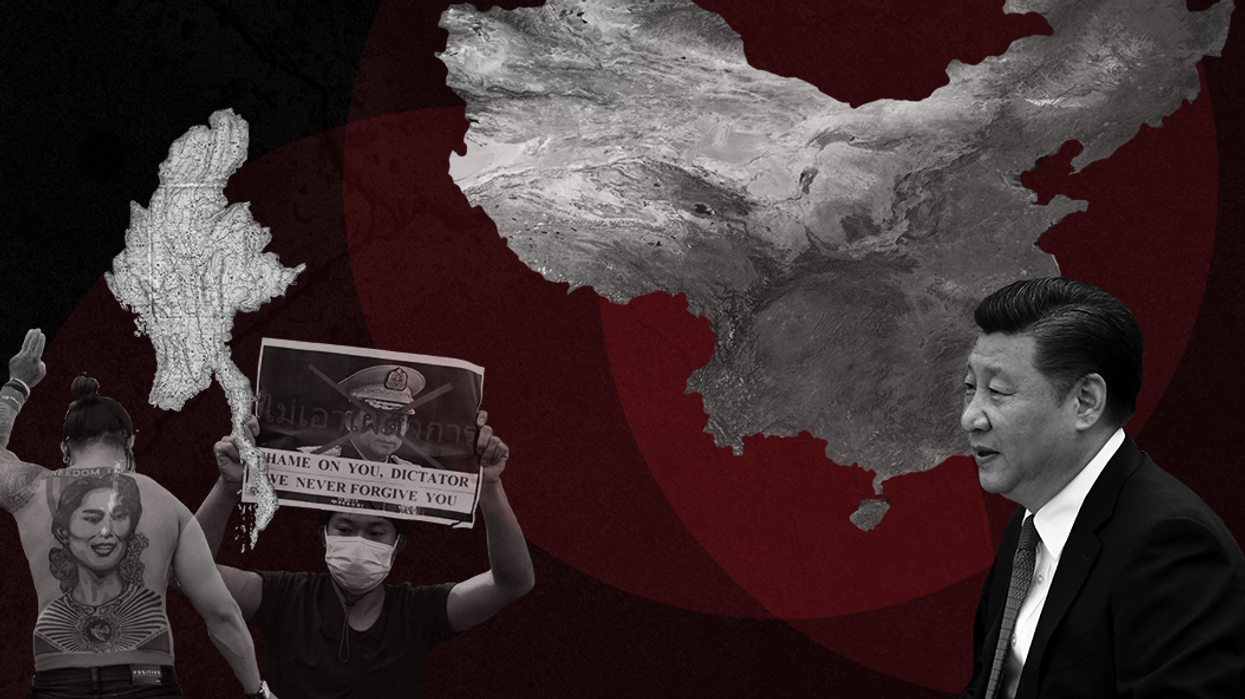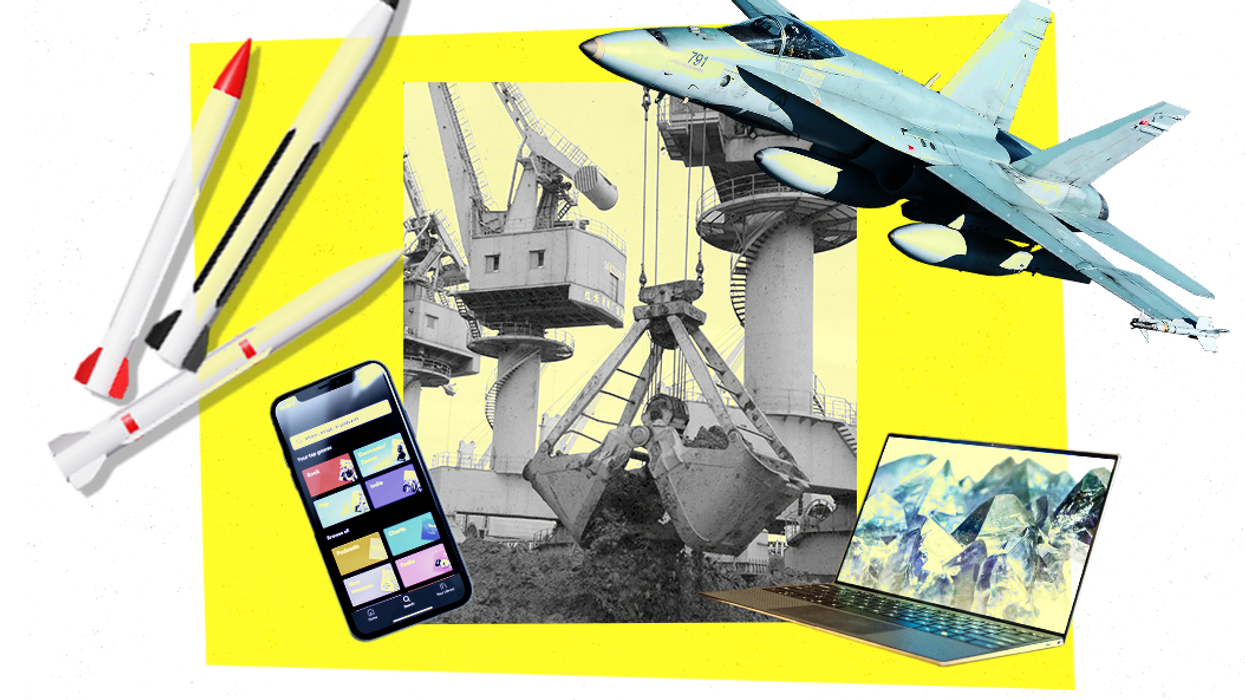What We're Watching
Greenland’s thwarted rare earths miner hopes for change in March election
Greenlanders are set to go to the polls next month as US President Donald Trump increases pressure on Denmark to transfer sovereignty of the semi-autonomous Arctic island to the United States.
Feb 12, 2025
